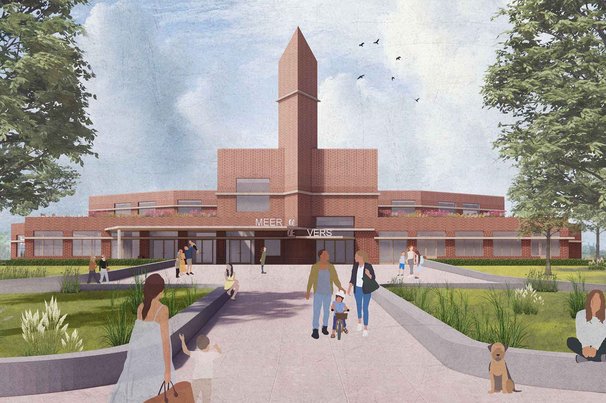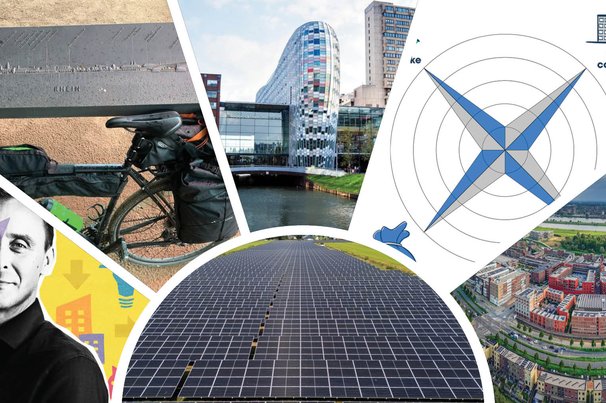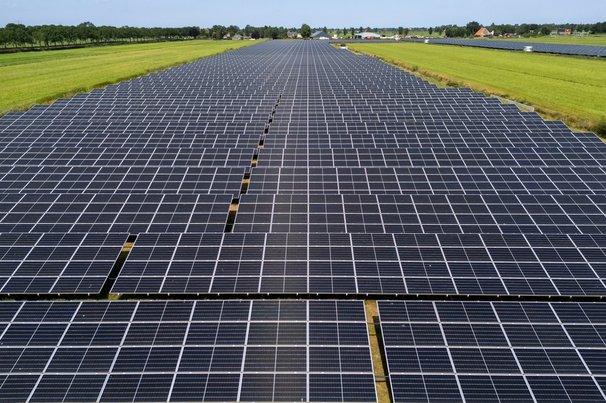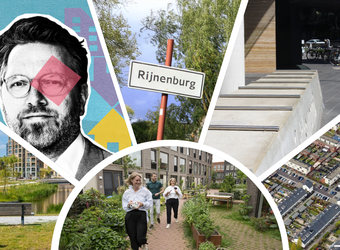17 juni 2015
3 minuten
Nieuws Voorafgaand aan het Smart City Lighting Event 2015 hebben de organisatoren Senior Vice President Kees van der Klauw van Philips Research Lighting geïnterviewd. Wat is Smart City Lighting, wat zijn de voordelen en hoe kan men de burgers erbij betrekken?
Korte Nederlands samenvatting:
Dankzij de 'Internet of Things' zijn de mogelijkeheden voor stadsverlichting eindeloos. Het kan bijvoorbeeld bijdragen aan de veiligheid, gezondheid en aantrekkelijkheid van steden. Zo zou het zich kunnen aanpassen aan de weersomstandigheden, of in het geval een voetbal wedstrijd, kan het de fans door de stad gidsen.
We moeten experimenten met de burgers zelf. Niet een experimenteel lab waar de technologische bedrijven het werk doen, maar juist 'Living Labs' in de stad. Gemeente, industrie, tech bedrijven en bewoners, samen ontdekkend naar wat werkt en wat niet.
Hier zijn platforms voor nodig, waar individuele of groepen burgers toegang hebben tot de data en infrastructuur om eigen toepassingen te ontwikkelen. Denk aan het aanpassen van de stadsverlichting bij een straat- en/of pleinfeest.
Toegevoegde waarden zijn naast energiebesparing een reductie aan onderhoudskosten en eventuele toekomstige mogelijkheden zoals bijvoorbeeld luchtkwaliteit metingen en verkeer management.
Original article:
First of all, smart cities are going to be more important in the near future. Within ten years, two out of three people will be living in urban areas and many of them in big cities. The importance of light in big cities is that they bring safety but they also bring well-being and attractiveness to cities. And with the internet of things and all the innovation in digital lighting, we’re going to bring much more functionality into lighting systems that can play a role in making the cities more liveable, more safe, more enjoyable but also more economically sustainable.
Smart City Lighting
You will see much more dedicated applications of lighting. So today you could say we bring illumination. We want to go beyond illumination and have lighting that is much more geared for instance to bad weather conditions, but also events. If we have a lot of football fans visiting the city, how can we guide them safely through the city and in the case of emergency how can we actually secure that they have a way out.
Involving Citizens
What’s very important for smart city lighting is, because the opportunities are endless, that we start experimenting with the citizens themselves. So rather than having a laboratory where we do the work, we want to move the laboratory actually to the city and work together with city government, with industry, other industry and with the citizens. So very much we have to experiment and find out what are the good use cases, what is the good usage of lighting in modern cities.
If we can provide a platform which means there is a infra-structure where people can experiment on, then we can also offer individual citizens, or a group of citizens or one street, the access to the data and develop with them interactive use cases for lighting, which could be how to light your street for a party or how to make your street more save or bring a feeling of comfort and safety by tuning the lighting colours and involving the citizens in these new use cases. But having the platform is extremely important to be able to do this co-creation experiment with citizens.
More Benefits
So apart from the energy saving that intelligence lighting systems will bring, I think they will also see reduced maintenance costs. So the future of intelligence lighting systems is that they will self-diagnose and tell the city management which kind of maintenance they need. So there is new functionality that connected lighting systems can bring and you can imagine that we can integrate sensing networks in the lighting infra-structure that can tell you about the air quality. Actually this is relevant for big cities and you can use the mass network of lighting to tell you what the air condition is in the various parts of the cities. Another thing is that intelligence lighting networks can negotiate with power supply to balance the demand and the supply of power. So that gives a much more efficient energy usage in the city. Also connectivity can bring tracing cars, traffic management, but also your stolen bike in the city and you can actually interact with the people and tell them where their stolen bike is and have a mobile app that connects the lighting infra-structure.
Smart City Lighting Event 2015
It is very important that we engage in a open innovation ecosystem which have the citizens, the city management and other companies working together. The relevance of this conference is that it brings together these stakeholders to talk about the opportunities of lighting, the needs of the citizens and also actually make a plan for the future to see how we can start these large scale experiments.
Cover: ‘2015.06.17_''We go Beyond Illumination''_T’




